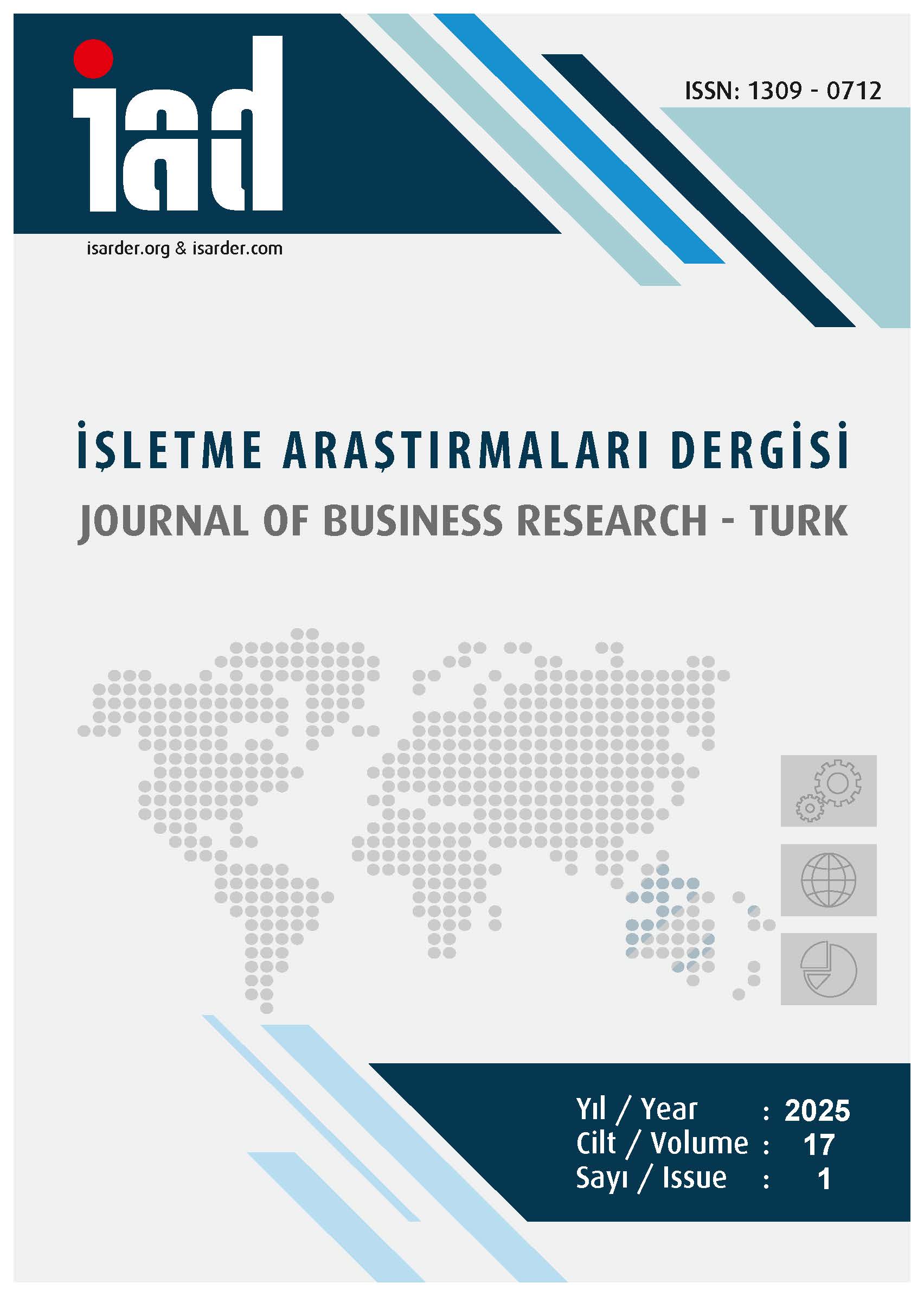Assessing Service Quality in Ecotourism Enterprises: A Case Study of Gümüşhane
DOI:
https://doi.org/10.20491/isarder.2025.1990Keywords:
Ecotourism, ECOSERVAbstract
Purpose – Ecotourism, a significant area of activity contributing to the development of tourism and national economies, is defined as the set of activities undertaken by local and international tourists within the framework of sustainability and nature-based principles. Service quality holds critical importance in the tourism sector, particularly in ensuring visitor satisfaction and fostering continuity. This study aims to assess the service quality levels perceived by tourists visiting ecotourism destinations with respect to ecotourism businesses. Design/methodology/approach – Gümüşhane province, identified as a suitable region for ecotourism, was selected as the study area. The ECOSERV service quality measurement model, developed by Khan (1996), evaluated visitors' experiences and perceptions of service quality. Data analysis involved gap calculations between expectations and perceptions, frequency distributions, reliability testing, confirmatory factor analysis, and regression analysis. Findings – The analysis revealed that the 'Empathy' dimension most closely aligned with participants' expectations, whereas the 'Assurance' dimension showed the largest gap. Moreover, the dimensions of 'Empathy,' 'Reliability,' 'Assurance,' and 'Responsivenes' were found to positively influence service quality. Regression analysis indicated that the 'Assurance' dimension exerted the most significant impact on perceived service quality. Discussion – The findings align with existing literature, demonstrating that all ECOSERV dimensions positively influence perceived service quality. The dimension with the highest expectation level was 'Assurance,' while the overall perceived service quality remained relatively low. This suggests a tendency for expectations to surpass actual experiences and limited tolerance for service errors. Enhancing service delivery based on the calculated gap scores is expected to improve service quality. These findings can serve as a valuable reference for ecotourism destinations, businesses, and planners.
Downloads
Published
How to Cite
Issue
Section
License

This work is licensed under a Creative Commons Attribution-NoDerivatives 4.0 International License.





